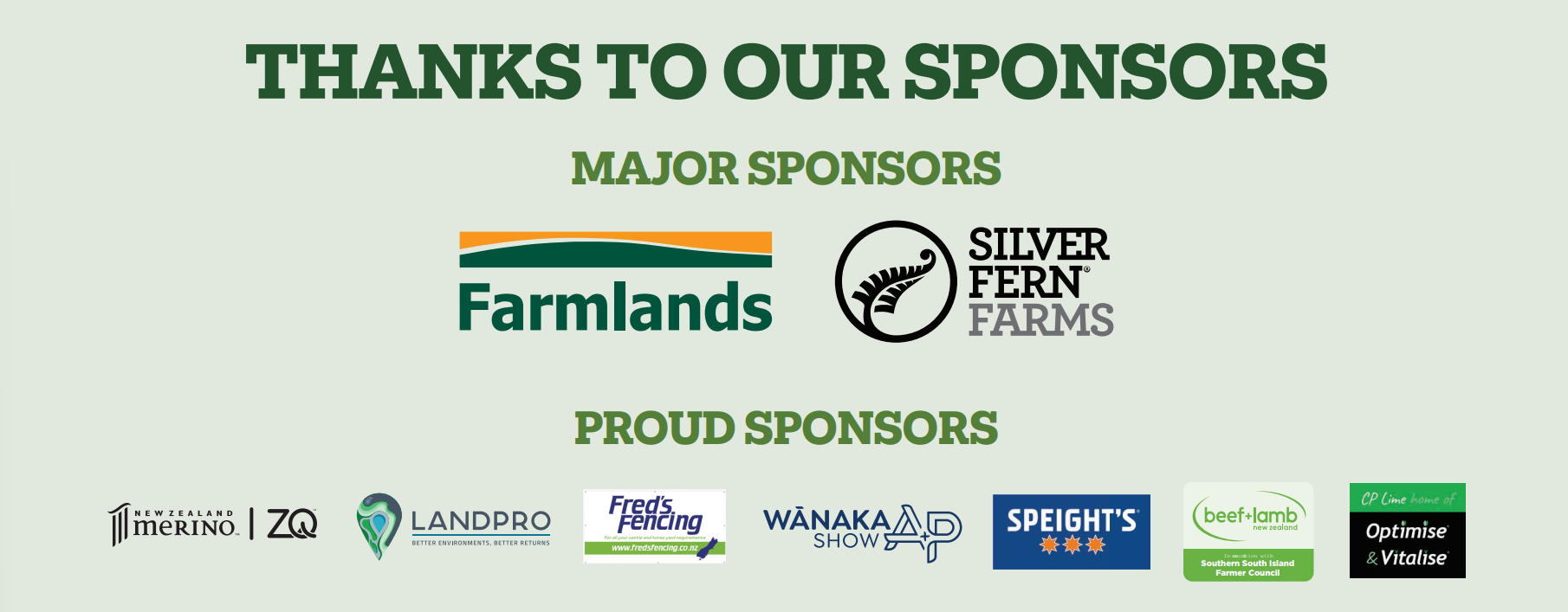
Despite the vast majority of New Zealand farmers being passionate custodians of the land with a fantastic story to tell, Omarama Station’s Richard Subtil says most farmers prefer to operate "silently in the margins" — media shy and acutely aware of the tall poppy factor that waits in the wings, knocking down those who dare to share.
"But it doesn’t do any of us any favours because if we aren’t filling those spaces with our success stories, someone else is going to do it for us and it isn’t necessarily going to be a good story. We have got to show courage, be honest and let the media look under the hood."
Richard and and his wife Annabelle were nominated for the Year of the Farmer for their significant contributions to the farming community. The nomination says they are "progressive farmers, always open to new ways of working, and implementing new and innovative farm practices to enhance the efficiency and sustainability of their property".
Annabelle is the third generation to farm Omarama Station. Her grandfather Wilfred Wardell and his brother Cecil bought the station in 1920, five years after the original station was broken up in a ballot.
The 12,000ha property comprised 8000ha of high country and 4000ha of flats.
In the late 1970s and early 1980s, Annabelle’s father Dick Wardell installed border dyke irrigation and, 15 years ago, Annabelle and Richard upgraded that system to centre pivot which took in about 560ha.
Irrigating is a sensitive area and the couple work hard to look after the environment around the pivots.
Richard has been an instrumental member of the Omarama Stream Water Users Group.
With every farmer in the catchment area involved, the group regularly monitors the water quality of the tributaries that flow into Lake Benmore.
"Independence can sometimes be the attitude among farmers for this type of thing, but we have come together as a collective; it’s not about pointing the finger but being solution-focused and proactive about our water quality."
Annabelle has also been working in the territory of water catchment, and is in the throes of setting up the Ahuriri Water Catchment, which encompasses six catchment groups in the Upper Waitaki Valley.
Four years ago, Annabelle was approached to become involved in Growing Future Farmers (GFF).
The two-year programme for school leavers keen to go farming matches them with farms where they can develop real-life skills needed to become sought-after employees.
Annabelle is a director on the GFF board and Omarama Station is training its second student.
"It was totally out of my comfort zone to begin with, but I am very passionate about ensuring there is a clear pathway into a farm career for our young people.
"We need to be involved as farmers to make sure there is quality, skilled staff to employ in our industry," she said.
The programme has a robust system in place as far as pastoral care and liaison support goes, and the couple agreed that while it brings its challenges, there was a huge sense of satisfaction as the students go on to be employable, positive and productive members of society.
Like her parents did for them, the couple felt passionate about "paying it forward for the next generation".
Their children Henry, 23, and Emma, 25, were working in the rural sector; Henry is a shearer in the North Island and Emma is relationship manager in Australia for The New Zealand Merino Company.
"We have told them both they need to go away and work for at least 10 years and then if they want to come home, they are welcome to, but we are also not putting pressure on them if they choose not to," Richard said.
— Alice Scott
















